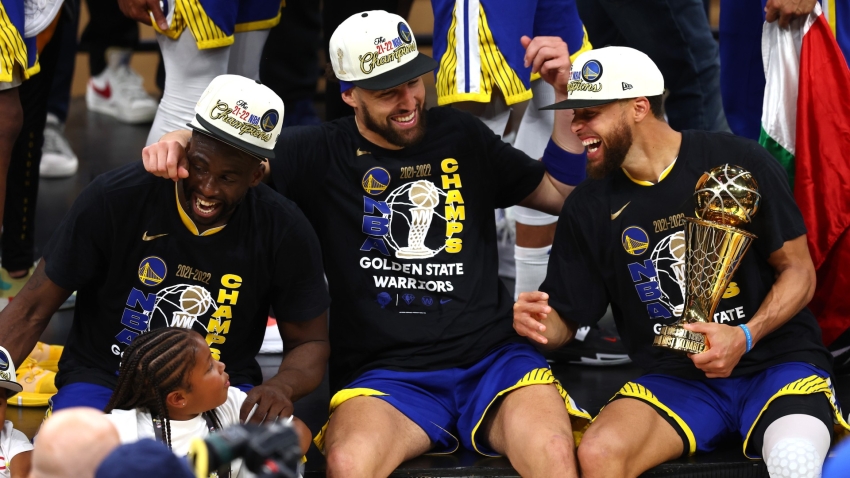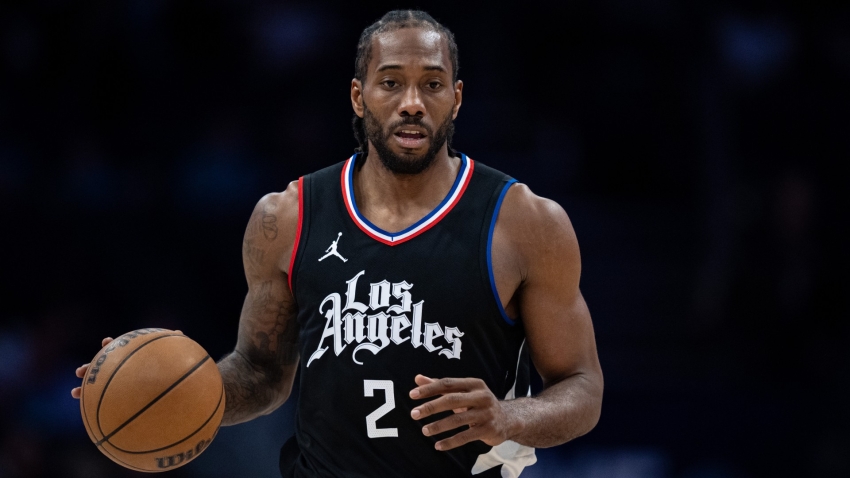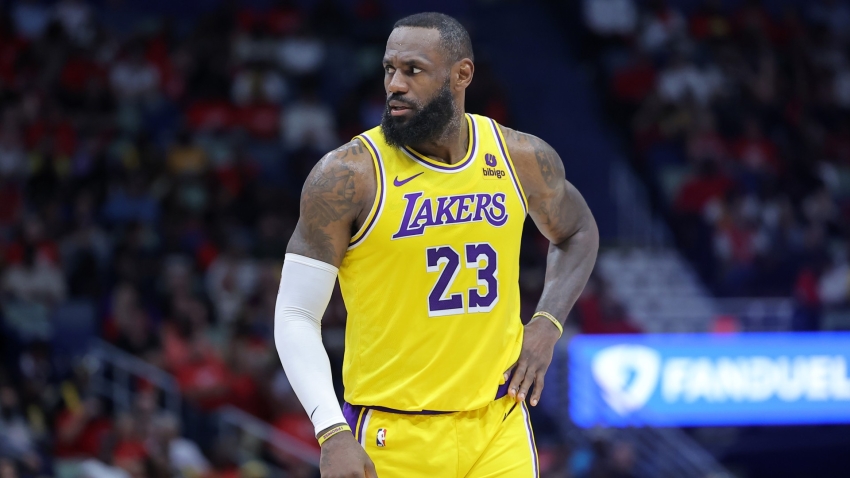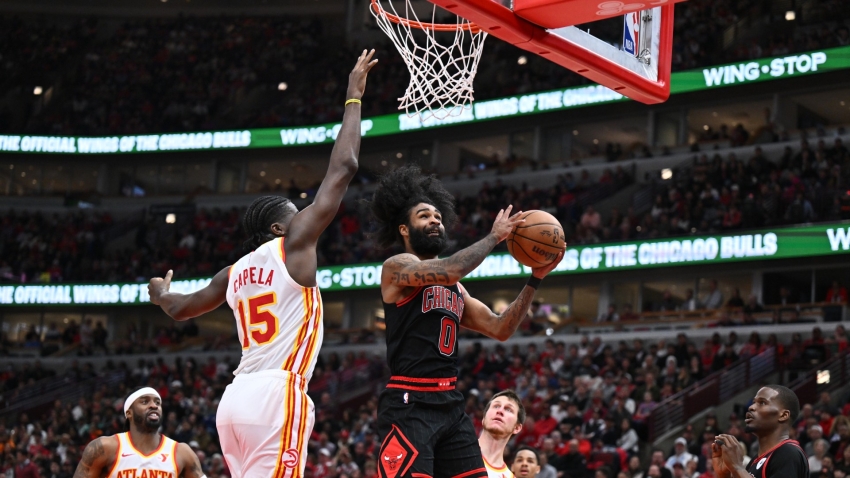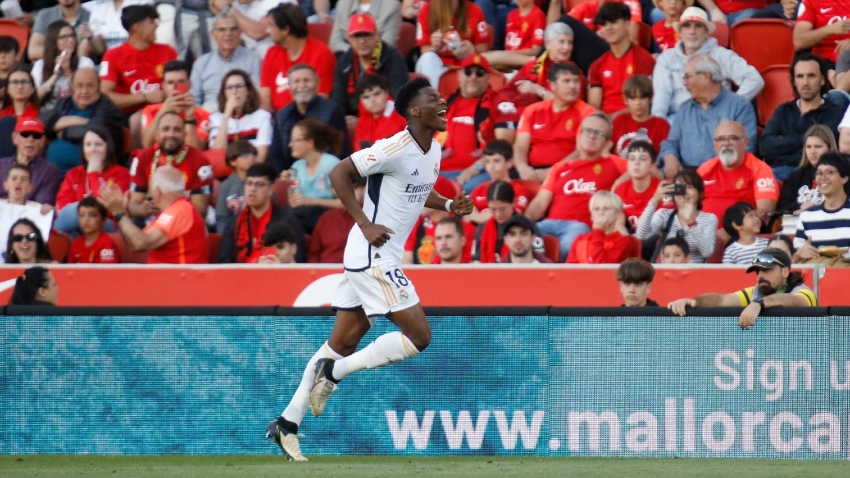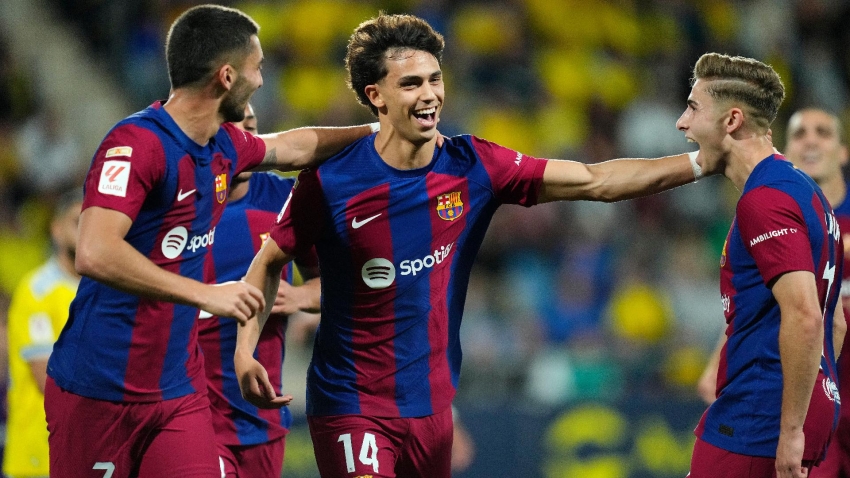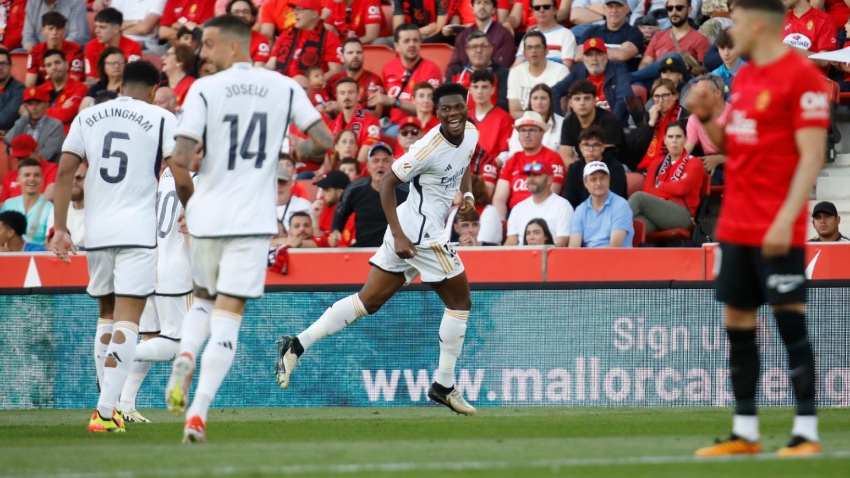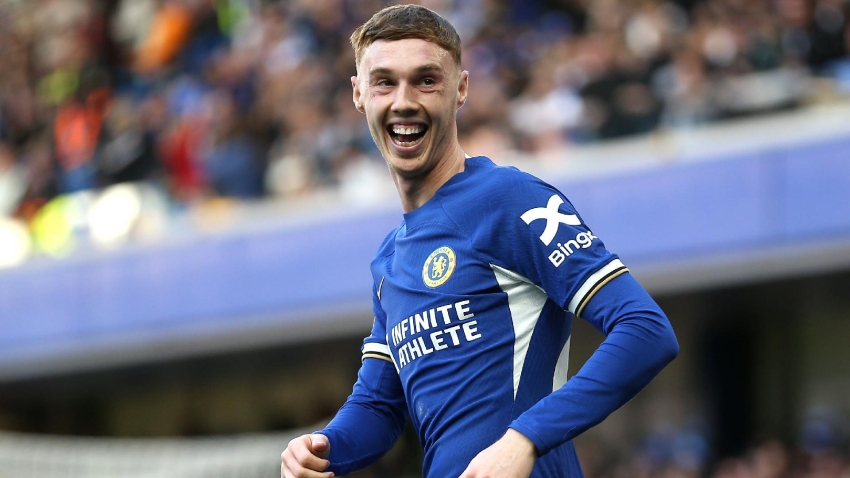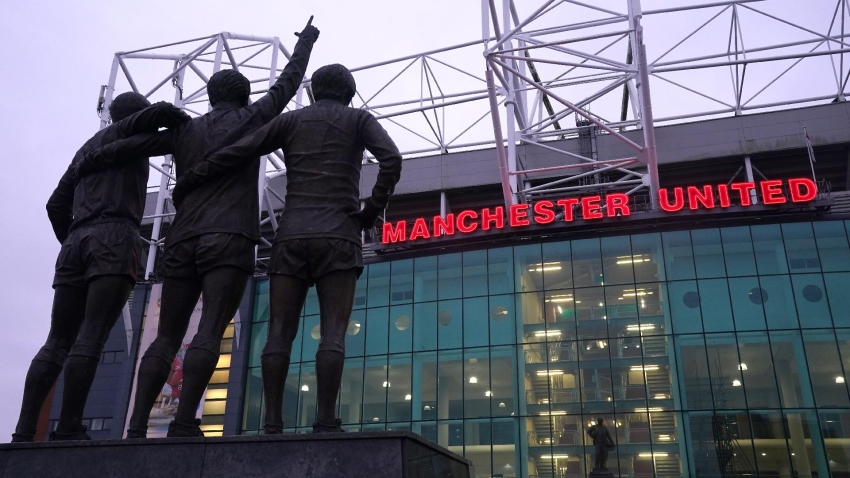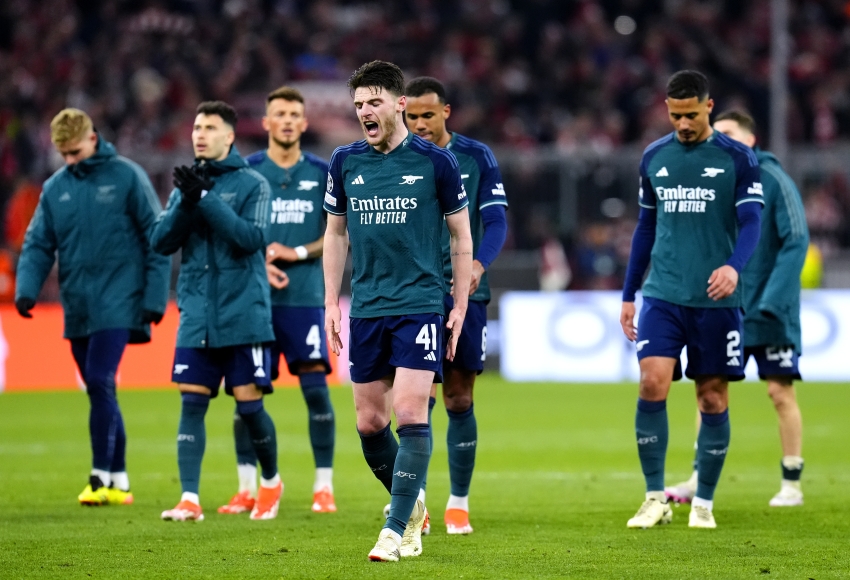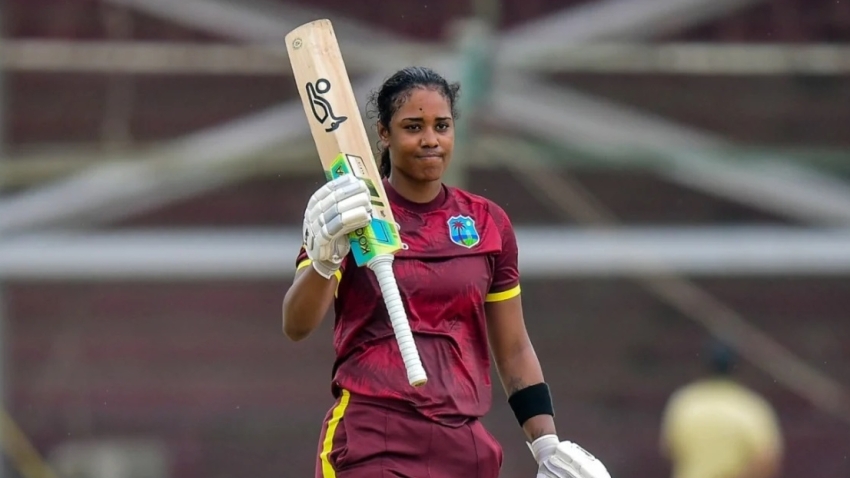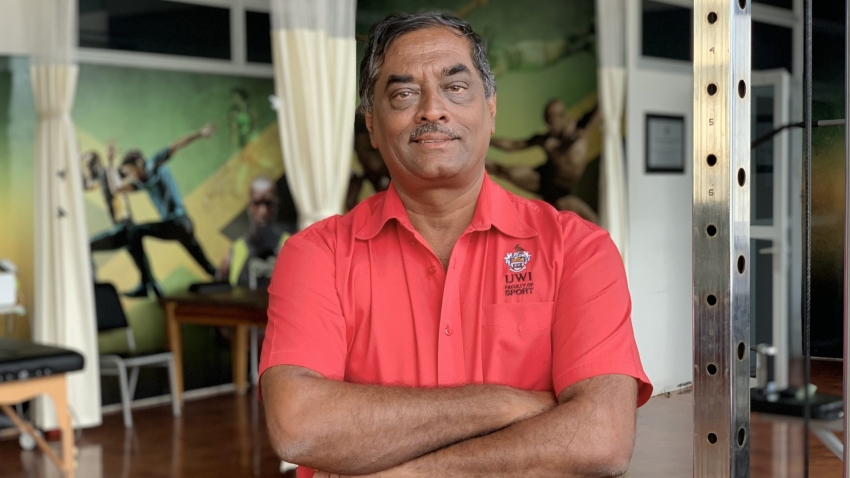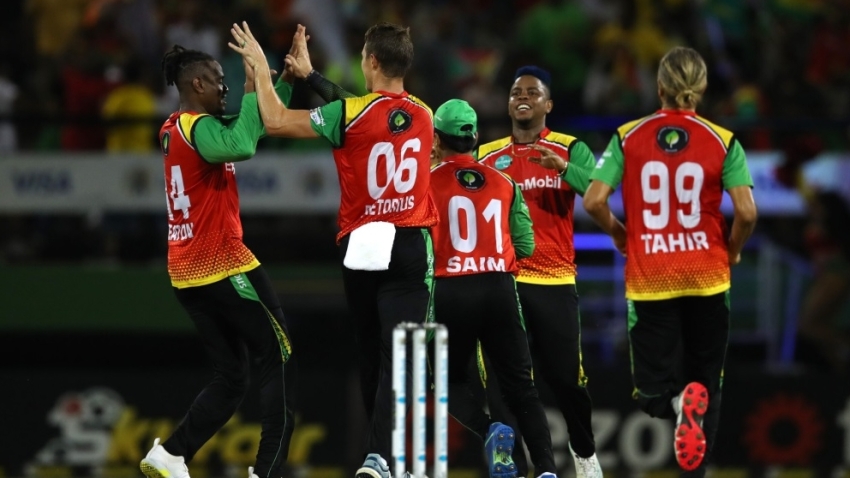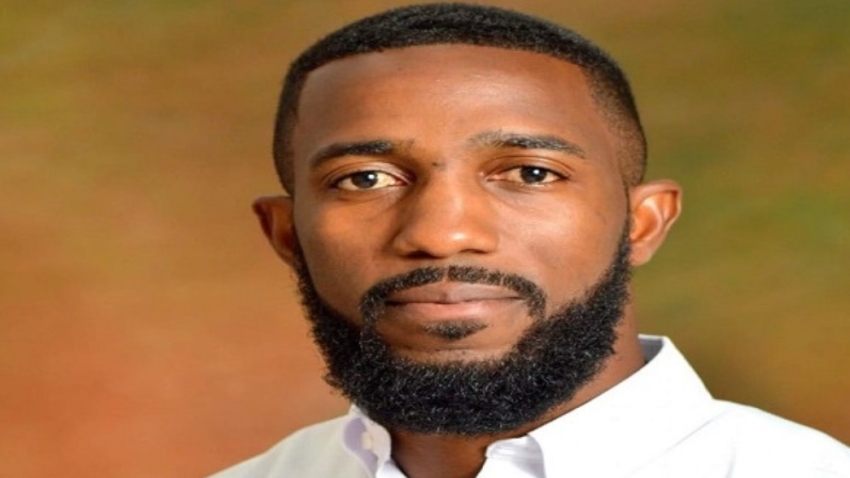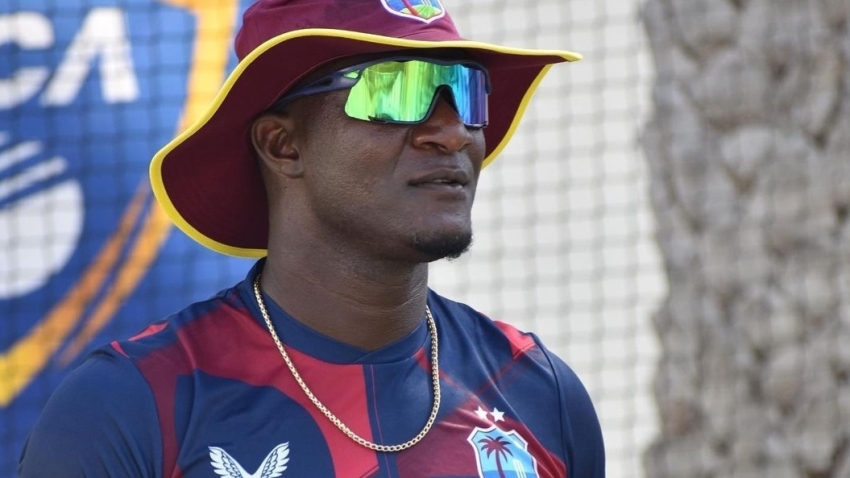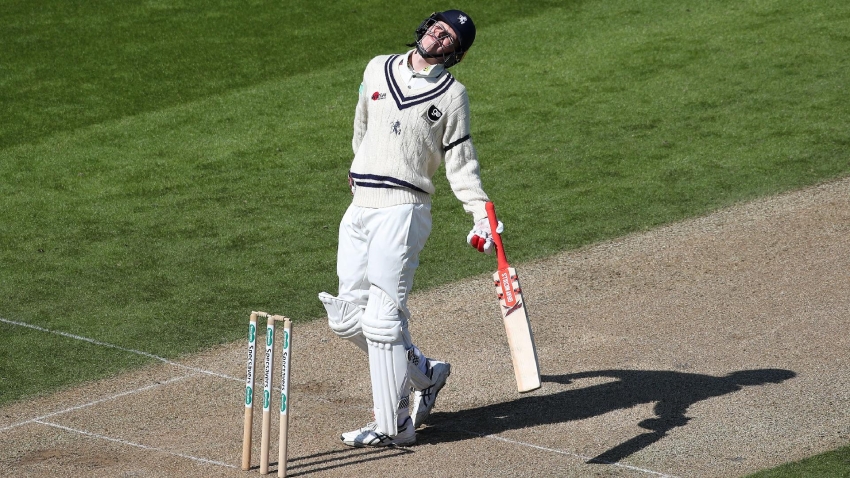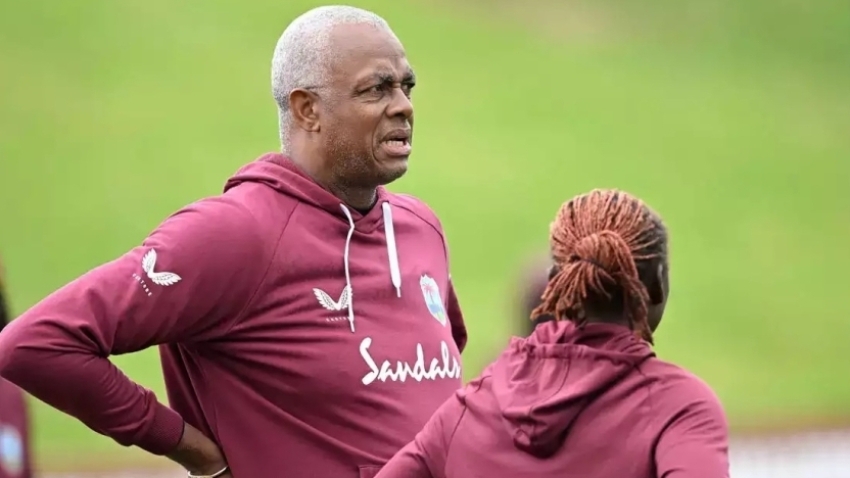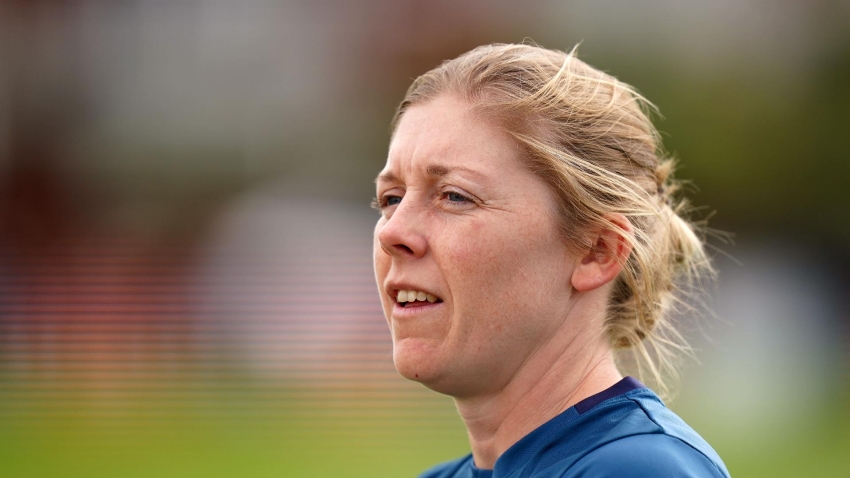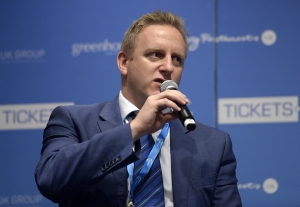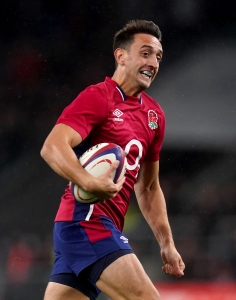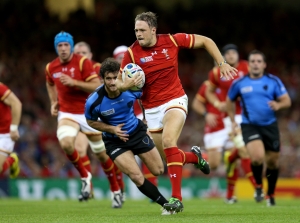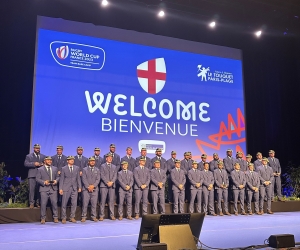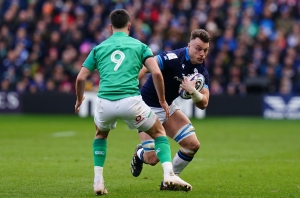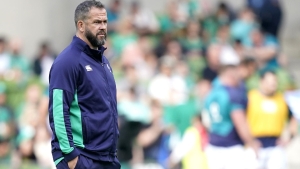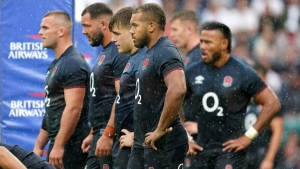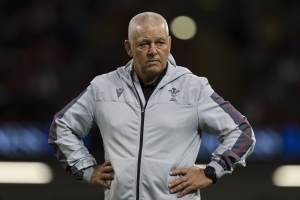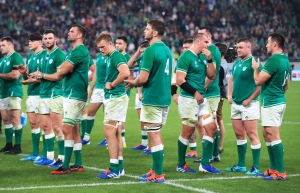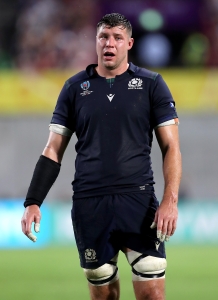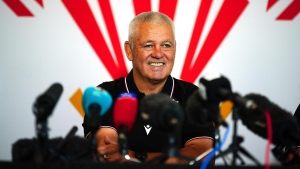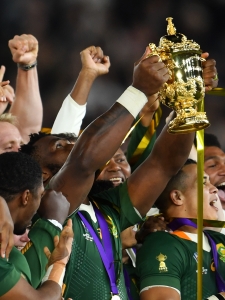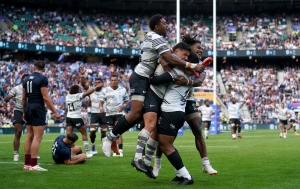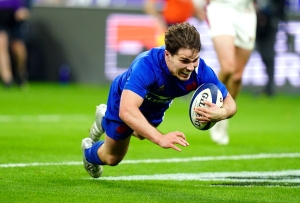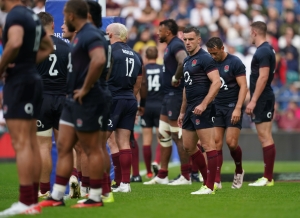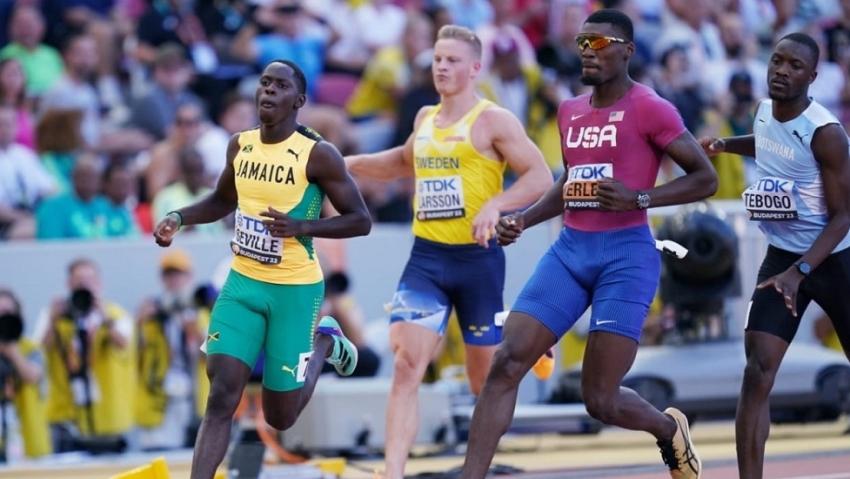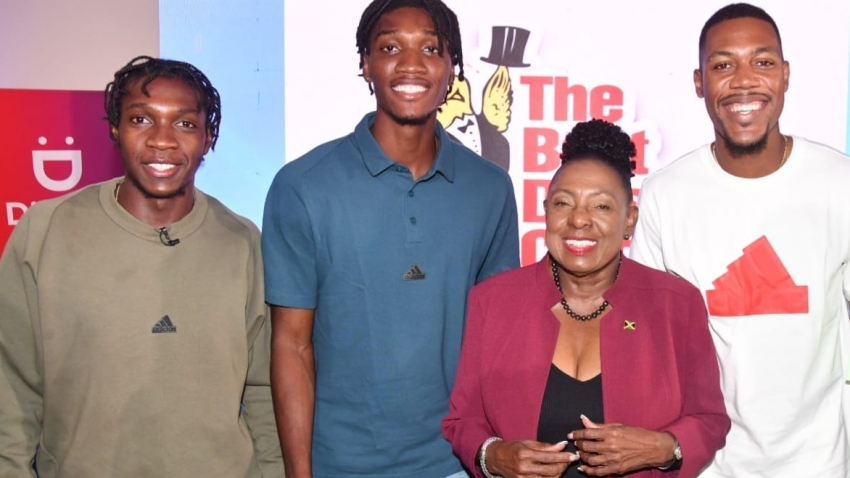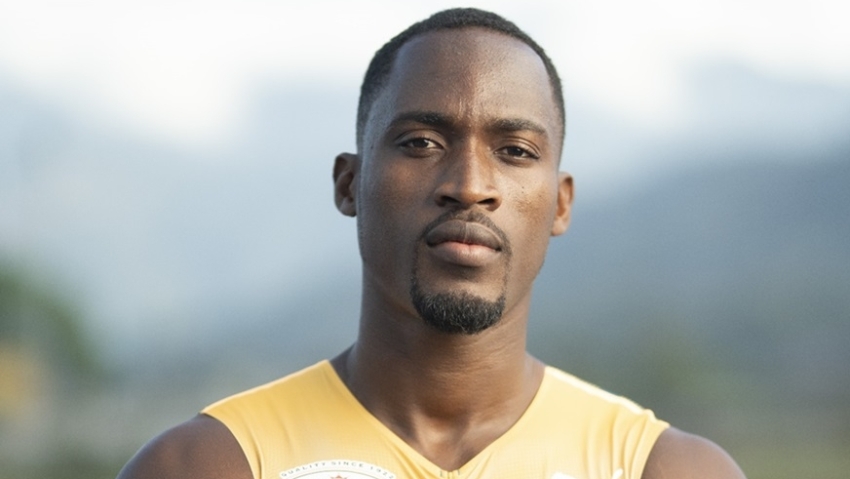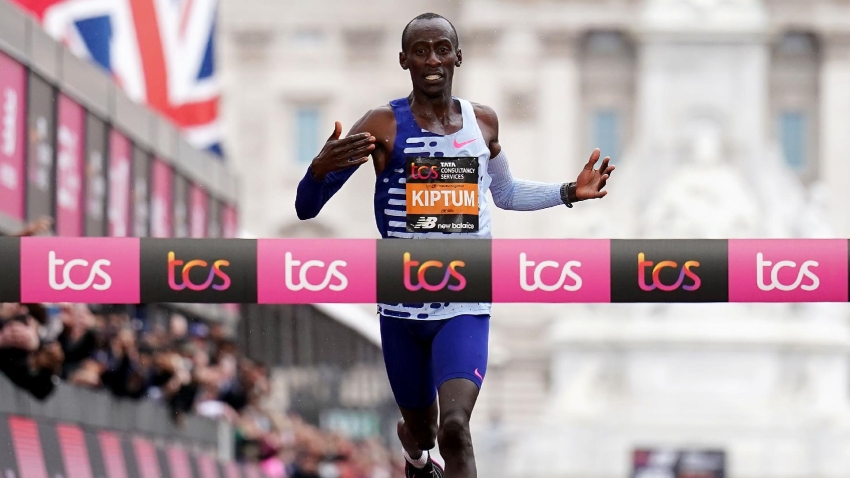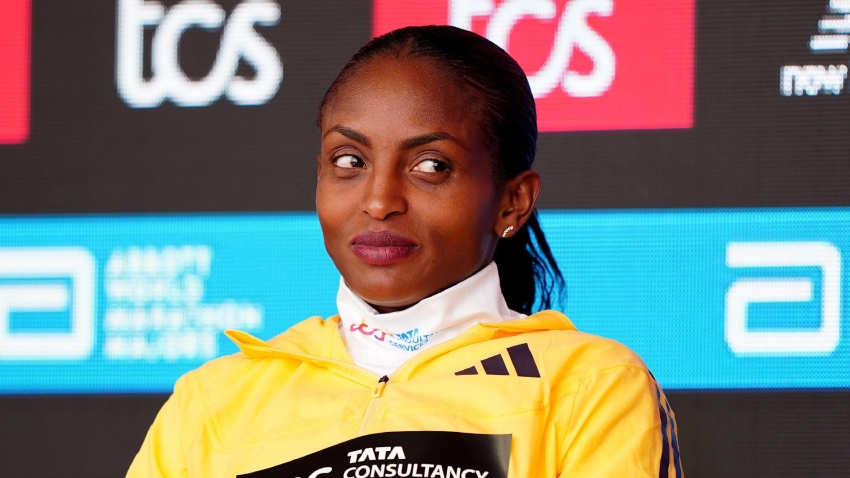There is a neat statistical symmetry that suggests the 2023 Rugby World Cup might be won by Ireland or France.
Since the sport’s world rankings were launched 20 years ago, all five subsequent world champions were either ranked first or fourth close to the tournament kicking off.
Ireland and France occupied those positions during recent weeks, and neither nation has previously been crowned world champions, with no new name being engraved on the trophy since England in 2003.
It is, of course, way more complicated than that to confidently suggest a winner but such a scenario underlines what many believe is a wide-open tournament.
In the World Cup’s 36-year history, only four countries – New Zealand, Australia, South Africa and England – have triumphed.
Six Nations champions Ireland and France can be added to the mix this time around, though, as genuine contenders, although a World Cup draw carried out in December 2020 has generated a serious imbalance with tournament heavyweights South Africa, New Zealand, Ireland and France all in its top half.
While those teams are on a quarter-final collision course in Paris, the best of the rest would point to Australia, Argentina, England and Wales.
There is real potential for the World Cup final to be a one-sided affair, which is not being critical of any participant, but more questioning why such an important draw is conducted so long before the competition.
France and New Zealand are in the same pool, while Ireland, South Africa and a dangerous Scotland team have been grouped together. Elsewhere, Pool C sees Australia, Wales and Fiji in direct competition, with England, Argentina and Japan the main Pool D protagonists.
France meet the All Blacks, who are reeling from their all-time record defeat of 35-7 in a warm-up fixture against South Africa, in a mouthwatering tournament opener.
The 40-match pool phase will be played out across nine host cities – Paris, Marseille, Nice, Bordeaux, Toulouse, Lyon, Lille, Saint-Etienne and Nantes – with £2.5million tickets sold.
It can only be hoped that France 2023 will be remembered for the rugby on show, with inevitable disciplinary matters not overshadowing it.
High tackles, foul play, red cards, yellow cards and disciplinary hearings will be part of it all. Coaches will want consistency, too, on punishments handed out by disciplinary chiefs – England captain Owen Farrell’s recent case highlighting that need – and all matters being efficiently and promptly dealt with.
If rugby is to be the winner, then it will require a host of superstar names to lead the way.
And that prospect is one to savour, given the presence of players such as France captain Antoine Dupont, South African backs Cheslin Kolbe and Canan Moodie, New Zealand full-back Beauden Barrett, Ireland’s current world player of the year Josh van der Flier, genial Fiji centre Semi Radradra and exciting Italian star Ange Capuozo.
The ingredients are all there for a genuine showcase of rugby at its finest, with some thunderous games in store and potentially memories to last a lifetime.
If France can cope with the enormous host nation pressure that will accompany them, then a magnificent first World Cup triumph for Dupont’s team would be one to savour.
There is a small queue forming behind them, though, potentially led by a South African squad that appears primed to successfully defend the world crown.


